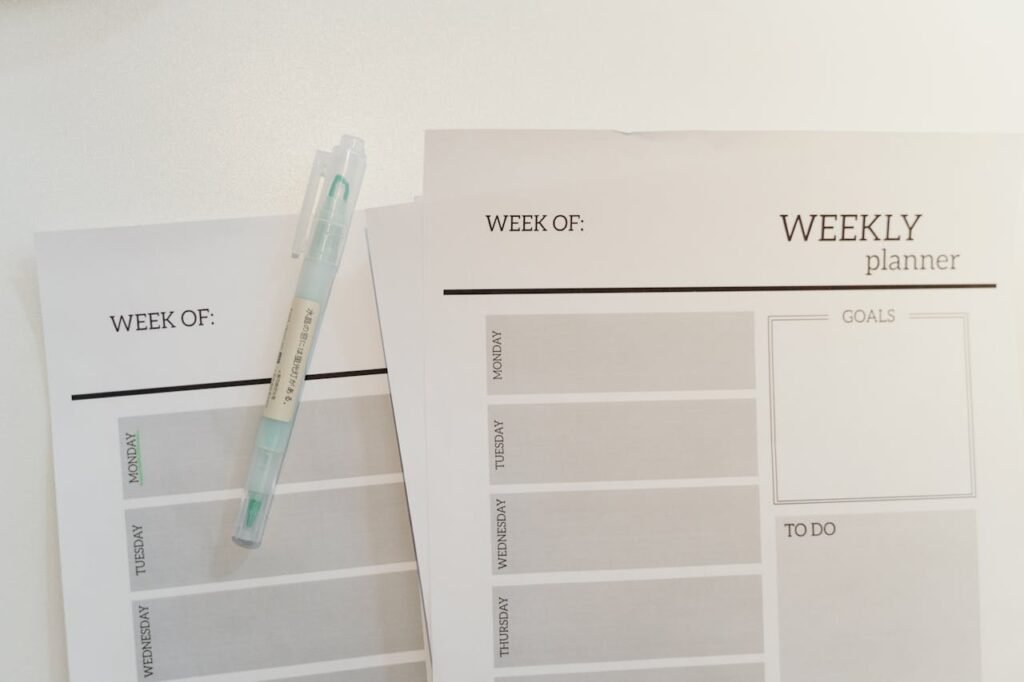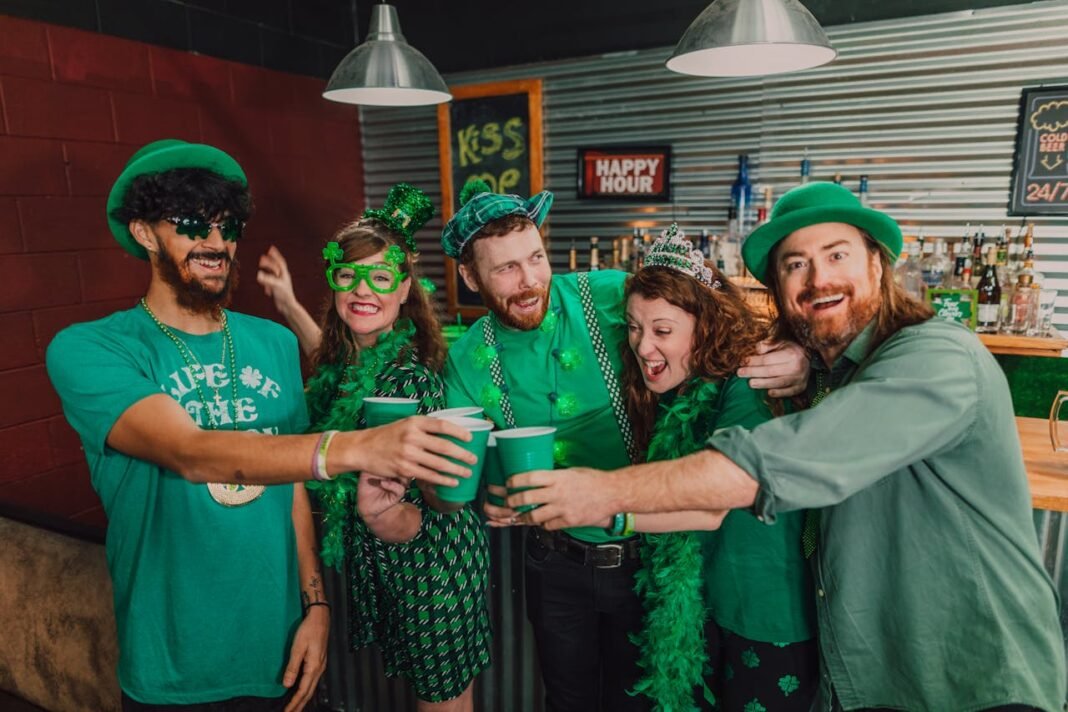Understanding the Importance of Sales Goals
Achieving sales goals in the food and beverage industry is important because it keeps the business running and growing. Not only in the hotel industry but if any company sells enough products, it earns the money needed to cover costs like buying ingredients, paying employees, and maintaining equipment. This helps the business stay open and avoids losses.
Before we talk about achieving sales goals, we need to understand first the importance of sales goals right? Let’s have a look at two scenarios:
- Sarah has been told by her manager that the sales goal for the month is to sell sparking wine at brunch. She succeeds by selling Mimosas to her Guests.
- Her manager hasn’t set a specific goal, so rather than using her skills to recommend a Mimosa, Sarah simply asks the Guests what they would like to drink. Did they order Mimosa? No, no they don’t.
The point here is that is up to you, as a manager, to guide your team and ensure they hit your sales goals. But before you get down to actually establishing what your sales goals are and how to analyze them let’s look at why it’s important for achieving sales goals we need to set some mini-goals. A sales goal gives your team focus and direction. It’s a solid plan to drive revenue. A great sales goal is a target that all your team members can hit. It’s a fair standard by which to assess and measure success. It’s clear, tangible, and achievable for everyone.
Setting Sales Goals

As any experienced hotelier would say, your team needs direction and motivation first. They’ve got to believe they can do more than the minimum, and that they’re capable of being sales leaders. Sales goals show them what they should be working towards, and with each goal they achieve, they become more confident to aim higher. Secondly, you can use sales goals to assess progress. When you keep track of who is hitting their targets and who is missing them, you can see which team members need more guidance, and mentor them. Look at your menu and make a list of items where there are opportunities to drive revenue.
Sales goals are important as they give your team focus, boost morale, and get revenue soaring. But this magic happens only when the manager has set the goals in clear sight. Without clear, measurable goals, you set your team up to fail, and failure’s not an option, right? With that in mind, you’ll need to create relevant, effective sales goals. So let’s discuss down below establishing goals, ensuring goals are achievable, and communicating goals.
- Establishing Goals
To do this, you’ll need to ask yourself questions about your venue and time of the day. Have a look into your establishment, what makes it a unique venue? Do you oversee services like In-room Dining or a Grab and Go? Do you serve three meals a day, or do you run a lobby lounge and bar? These unique features are central to your goals. Now think how time or day affects your venue. Do you generate the most revenue from your bar in the evening? Or is your venue a busy breakfast spot? You’ll need to set goals in line with how revenue flows throughout the day. - Ensuring Goals Are Achievable
To ensure the goals are achievable you need to consider the following factors. Which shifts does everyone work? You can’t set a goal to sell more premium wines for a team who only works morning shifts. So make a plan with your team by establishing smaller weekly or daily targets that will help you to achieve the longer-term goals. Look at past data and figure out why a sales goal has or hasn’t worked before. How can you improve your team’s performance? Decide on incentives you can offer the team to motivate them. - Communicating Goals
Make sure your team understands exactly what the goal is and how to achieve it. Let’s say the establishment’s goal is to increase beverage sales by 20%. You need to work out what your team needs to do to hit this goal. Because 20% doesn’t mean much to your team, but “selling a minimum of six glasses of wine per shift” does. When you tell them their goal, emphasize that there’s a minimum and encourage them to go beyond that minimum.
Let’s look at an example where your goal is to sell 30% more barista beverages:

So you tell your team to sell double shots of espresso, instead of single shots in the morning. This is achievable because you know coffee sells best in the morning and you’ve given your team a clear goal. Or another example. An In-room dining team is given a goal of selling more desserts during dinner service. This is achievable because you know that in-room dining is popular during this meal period. You’ve considered the time of day, as you know desserts sell best at dinner. When your team acts on these goals, they’ll improve Guests’ experiences.
When they succeed, they’ll generate more revenue. With an incentive, they’ll be more likely to exceed the goal and do even better. Achieving sales goals means you need to brainstorm a goal for each venue in your establishment for breakfast, lunch, or dinner.
Analyzing and Understanding Results
Achieving sales goals, might not look that hard now that you have set to your team some mini sales target. So now you can sit back, relax, and let your servers do all the work. Well, not so fast! Your work is far from done because you need to ensure your team is actually meeting their goals. You’ll use sales data for measuring goals and understanding your team’s skill set.
Measuring Goals
Just as you assess your team’s performance, you assess your goal strategy by measuring goals. For achieving sales goals you need to always measure them. You need to give your team real ways to see the results of their work over a concrete period of time. Your first step here is to ensure you have a start and end date for every goal to be achieved, and then your point of sales system does the rest.
The data you pull from it will confirm whether your team is delivering on their goals. If at least one team member reaches a goal, it’s achievable. If just about everyone could achieve the goal, you can set higher targets to push them even further. Of course, if nobody achieves a certain goal, you’ll have to reconsider. If this happens, go back to the basics of establishing sales goals as something might be wrong. Remember to post progress and results of your sales goals, to keep your team updated and focused. With short-term goals, they need to be updated daily. With longer-term goals, update them at least weekly.
Understanding Your Team’s Skill Set

Sales data does more than let you measure your goals. It moves you one step closer to understanding your team’s skill set. Assessing your team’s performance, you’ll quickly notice if it’s the same servers over and over again who are succeeding. Those who are reaching their goals consistently can help motivate their fellow team members, while picking up whose struggling will allow you to pay special attention to ensure they do better. In short, understanding your team’s skill set lets you focus your attention on those who need help while allowing the stronger sellers to take the lead and help the rest.
Making sales leaders, revenue drivers, and profit champs out of your team is pretty simple. They just need to be steered in the right direction. For achieving sales goals, get started today with a simple goal. Begin with a week’s timeframe, and encourage your team to sell bottled water. Make it a competition, and declare a winner at the end of the week. This is an easy start because beverages don’t need too much of a push. But by starting small, you’ll see which team members are struggling, and those who are ready to shine.
Additionally, achieving sales targets allows the business to invest in improvements, like new recipes, better packaging, or expanding to new locations. This growth can create more jobs and improve the overall customer experience. Simply put, meeting sales goals helps food and beverage companies stay successful, satisfy customers, and create opportunities for the future.
All images in this article are from Pexels (not copyrighted and free commercial use).


